[hr]
Get to know the WeedWise program, through our people!
The success of the WeedWise program is in great part due to the hard work and dedication of our staff. If you have ever called the office or stopped by for assistance with your weed problems, you have undoubtedly worked with one of our hard-working employees. If you’ve ever wondered what our program is all about, we first recommend checking our ABOUT, our HISTORY, and our STAFF pages to fill in many of the gaps. But we know you want more! So we are continuing our Staff Spotlight feature to give you the opportunity to get to know our staff better. So take advantage of this opportunity to learn more about the people behind our program.
20 questions you’ve always wanted to ask WeedWise Specialist and CWMA Coordinator, Courtney Gattuso.
Q1. What is your favorite thing about working at the WeedWise program?
A1. I really enjoy working with our partners and landowners to see the larger network of weed management in our region. It’s amazing how many people are passionate about restoring habitats while working collaboratively to do so!
Q2. If you had to choose a different career what would it be?
A2. A small-scale farmer because we need more of them! And there’s nothing like growing your own food.
Q3. What is your favorite place in Clackamas County?
A3. Camassia Nature Preserve is definitely one of my favorites because the wildflowers are stunning in the spring and it’s a little pocket of beauty in an unexpected area.
Q4. If you could visit any place in the world, where would it be?
A4. So many places! I’d love to travel through the Mediterranean and its sunny coastline or visit the rainforests of Central America.
Q5. What invasive weed do you think has the greatest impact on Clackamas County?
A5. I think it’s a toss-up between Himalayan blackberry (Rubus armeniacus) and English/Irish ivy (Hedera helix/H. hibernica). Both species are so widespread that eradication is nearly impossible, control costs are daunting, and they outcompete native vegetation that further minimizes biodiversity.
Q6. What place has inspired you most?
A6. Alaska! I was blown away by the wildlife and breathtaking landscapes; it’s a nature enthusiast’s paradise.

Courtney giving a CWMA update at the Columbia Gorge CWMA’s 2019 Invasive Species and Exotic Pest Workshop
Q7. What has been your greatest challenge working for the WeedWise program?
A7. My previous positions have been very field-dominant, so it has been a significant transition to work more behind a computer. But I feel very fortunate to be a part of the WeedWise program and enjoy the flexibility of my current position.
Q8. Pancakes, waffles, or French toast?
A8. French toast with bananas and “real” maple syrup!
Q9. What is your favorite time of year and why?
A9. I love fall because I’ve never experienced true autumn colors while growing up in a desert for the majority of my life.
Q10. Who is your hero?
A10. My grandma. She was allergic to nearly everything, including sunlight, but despite her misfortunes, she still lived her life to the fullest, with the best attitude possible.
Q11. What is your favorite native plant and why?
A11. I really like chickweed monkeyflower (Erythranthe alsiniodes) because it often gets unnoticed for its itty-bitty size, but it thrives in mossy rock seepages near waterfalls, which is exactly where I would live if I was a plant.
Q12. If you could have any special power, what would it be?
A12. I would like to have the ability to snap my fingers to travel back in time before human civilization.
Q13. Why should folks care about invasive weeds?
A13. Despite our differences, we all reside on this planet and rely very heavily on its natural resources to sustain our lives. If invasive plants are left unmanaged, over time, we would be living in a world that lacks healthy ecosystems that produce the resources we need to survive.
Q14. What activities or hobbies do you enjoy doing in your spare time?
Q14. I really enjoy cooking, gardening, camping, hiking, and cuddling with my pup, Juniper.
Q15. What WeedWise activity or project are you most excited about in the coming year?
A15. I’m excited about our collaborative Lolo Pass hawkweed project with the US Forest Service, Oregon Department of Agriculture, Portland Water Bureau, and Bonneville Power Administration. It has been amazing to see the expansion of our partnerships and resources, which has helped us accomplish a ton of work collectively. All of our partners are a lot of fun to work with, too!”
Q16. If you were an inanimate object, what would you be?
A16. A vase, because I would be surrounded by pretty flowers all day!
Q17. What invasive weed do you think is the most difficult to manage?
A17. I would have to say Italian arum (Arum italicum) is the most difficult to control. It seems unaffected by most herbicides, causing little damage to the underground tubers, and manual control is tricky due to its ability to produce “daughter tubers” if a tuber breaks off, forming new plants the following year.
Q18. Name one of the coolest activities you’ve ever done.
A18. I swam with sharks in the coral reefs of the Caribbean, which was equally terrifying and amazing!
Q19. Name one thing that most people don’t know about you.
A19. Most people don’t know that I have a fraternal twin brother, named Corey. We were almost named “Gianna and Giovanni” Gattuso.
Q20. What do you think is the most often overlooked aspect of responsible weed management?
A20. I think prevention is the most essential, and often, overlooked aspect of responsible weed management. Public education and outreach can go a long way to prevent the spread of invasive plants!




